By: CIFAR
8 Jun, 2017
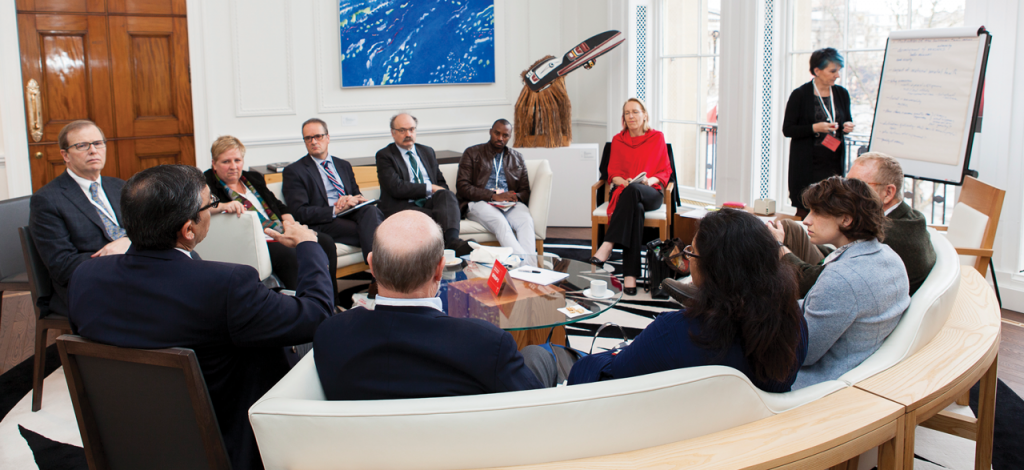
The CIFAR Forum on the Well-Being of the World’s Children invited people from across academia and the public and private sectors to share insights about where the gaps in research on child well-being exist, and how the different sectors can cooperate to find solutions and put them into practice.
“Having a collaborative forum to share global research and implementation experiences is a perfect way for all of us to learn, adapt and grow,” said Aisha Yousafzai, associate professor of global health at Harvard, who was one of nine plenary speakers at the forum.
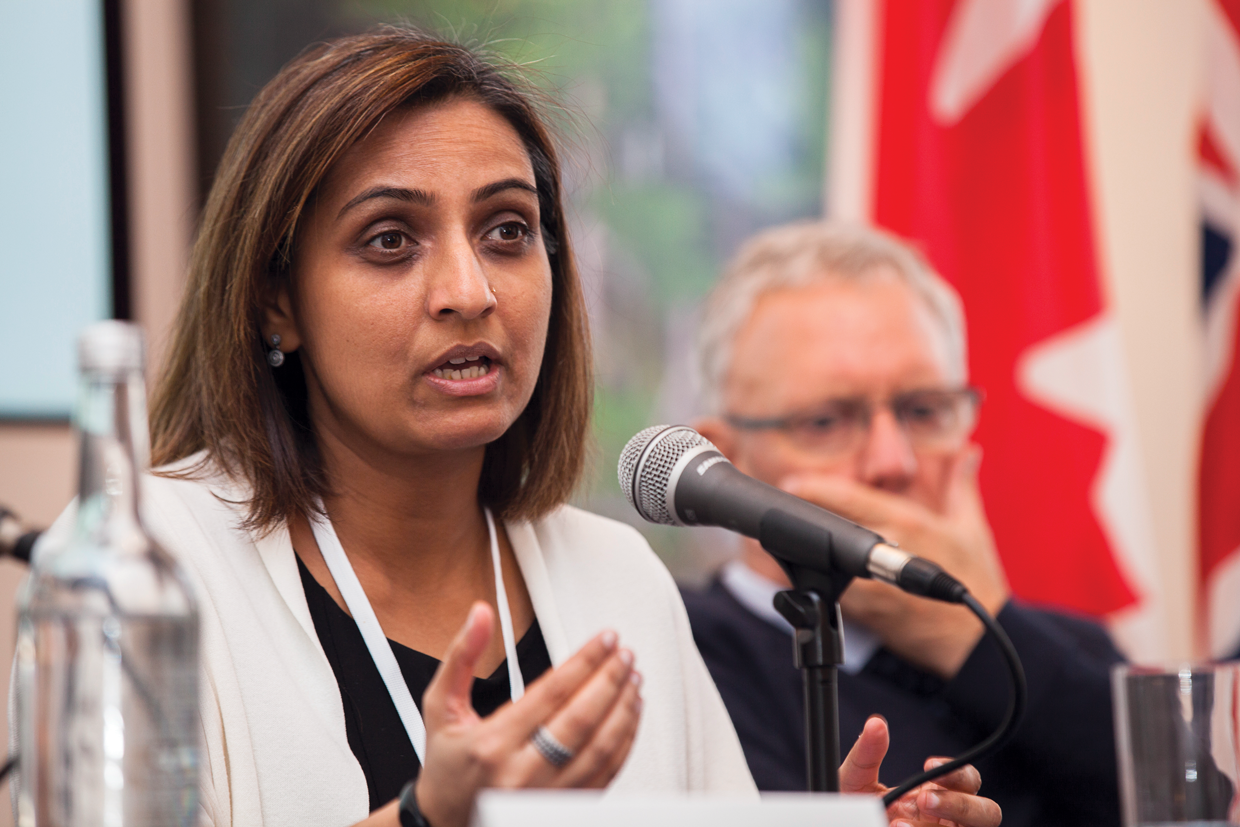
A major goal was to begin to build a coalition of partners that could continue to address the questions beyond the forum. CIFAR has already issued a call for workshop proposals around the topic of child well-being which should be funded by the end of the year. In addition, the Global Call for Ideas scheduled for late 2017 will target proposals for programs around child well-being.
In London, participants discussed questions organized around three broad themes: the dynamic experiences of childhood adversity, complex determinants of child development, and protecting and promoting child well-being through policies and systems.
Speakers at each panel session gave remarks that set the scene around the issue and then led an interactive group discussion. Comments were wide ranging, but a number of broad insights emerged from the meeting.
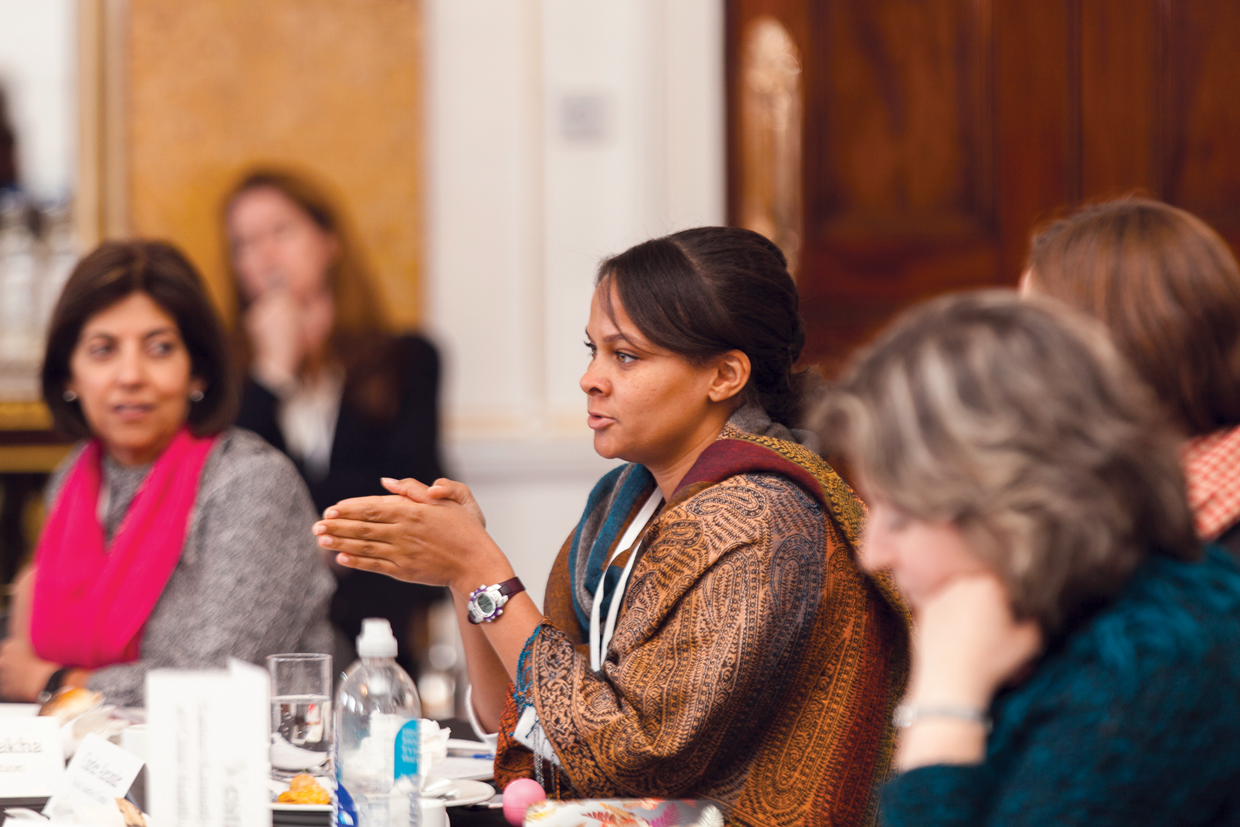
“Having a Collaborative forum to share global research and implementation experiences is a perfect way for all of us to learn, adapt and grow”
First, priority research challenges require a holistic conception of child well-being. There is a need for interdisciplinary work on the connections among biological, environmental, psychological, sociological and economic variables of development and how they interact over time. There’s a need for a clear global consensus on what is a reasonable level of child wellbeing.
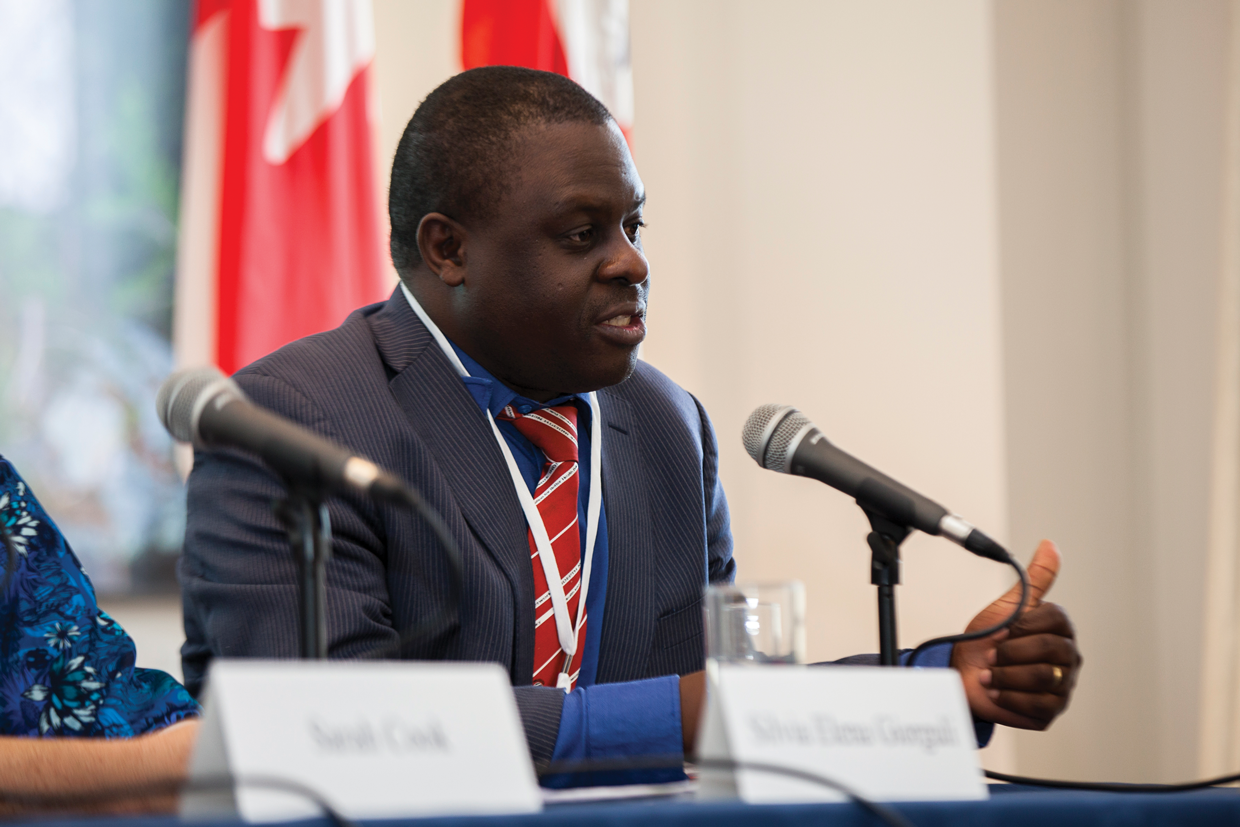
This would help researchers decide what questions to look at, and could also help decision makers decide where interventions were needed and if they were working. New research approaches and methodologies are needed to respond to global challenges. Not enough is known about long-term effects of interventions, and more longitudinal studies that track children over a long time are needed. There’s also a need to understand how different factors and interventions interact with one another.
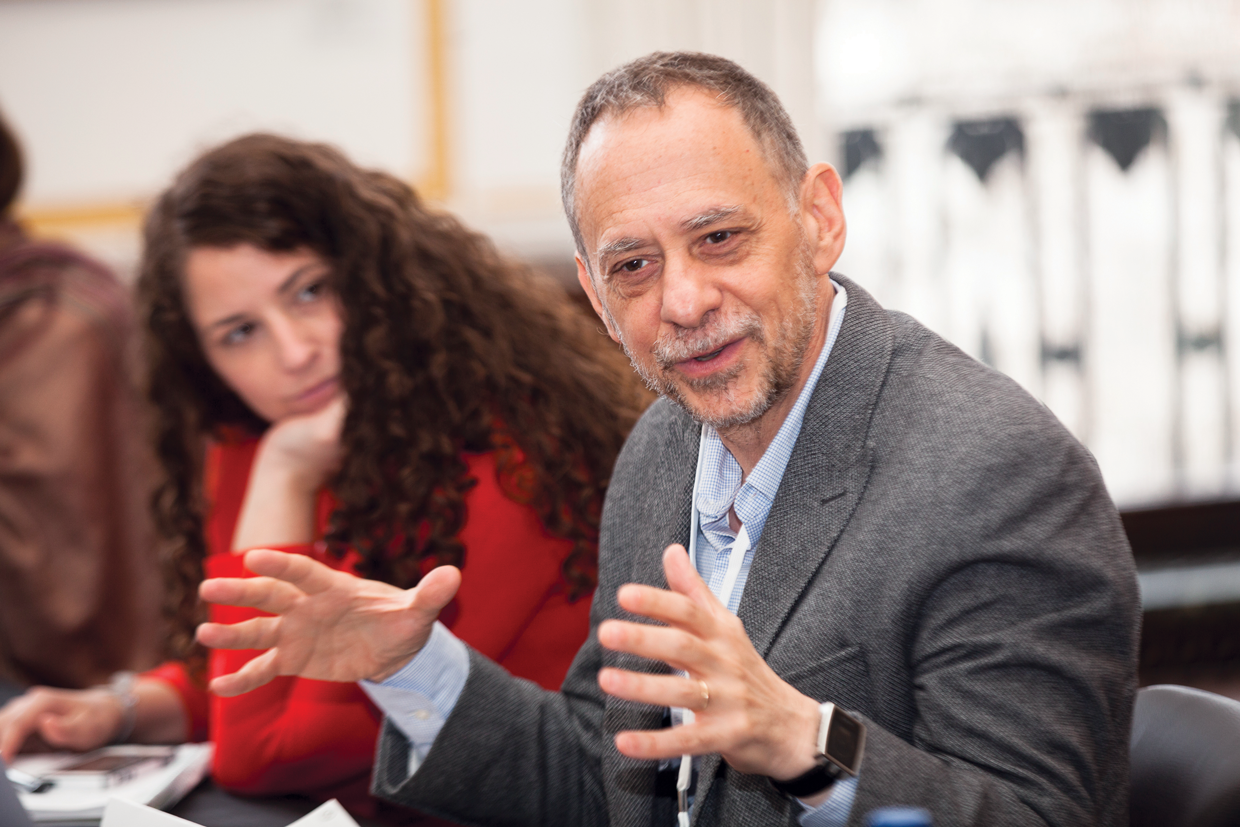
Finally, collaboration, coordination and information sharing are needed. Researchers need to work with one another across disciplines, and they also need to learn how to engage with policy makers and other stakeholders from the outset as they develop their research agendas. The forum was supported by Global Affairs Canada, the Bill & Melinda Gates Foundation and the Canadian Institutes of Health Research- Institute of Human Development, Child and Youth Health.